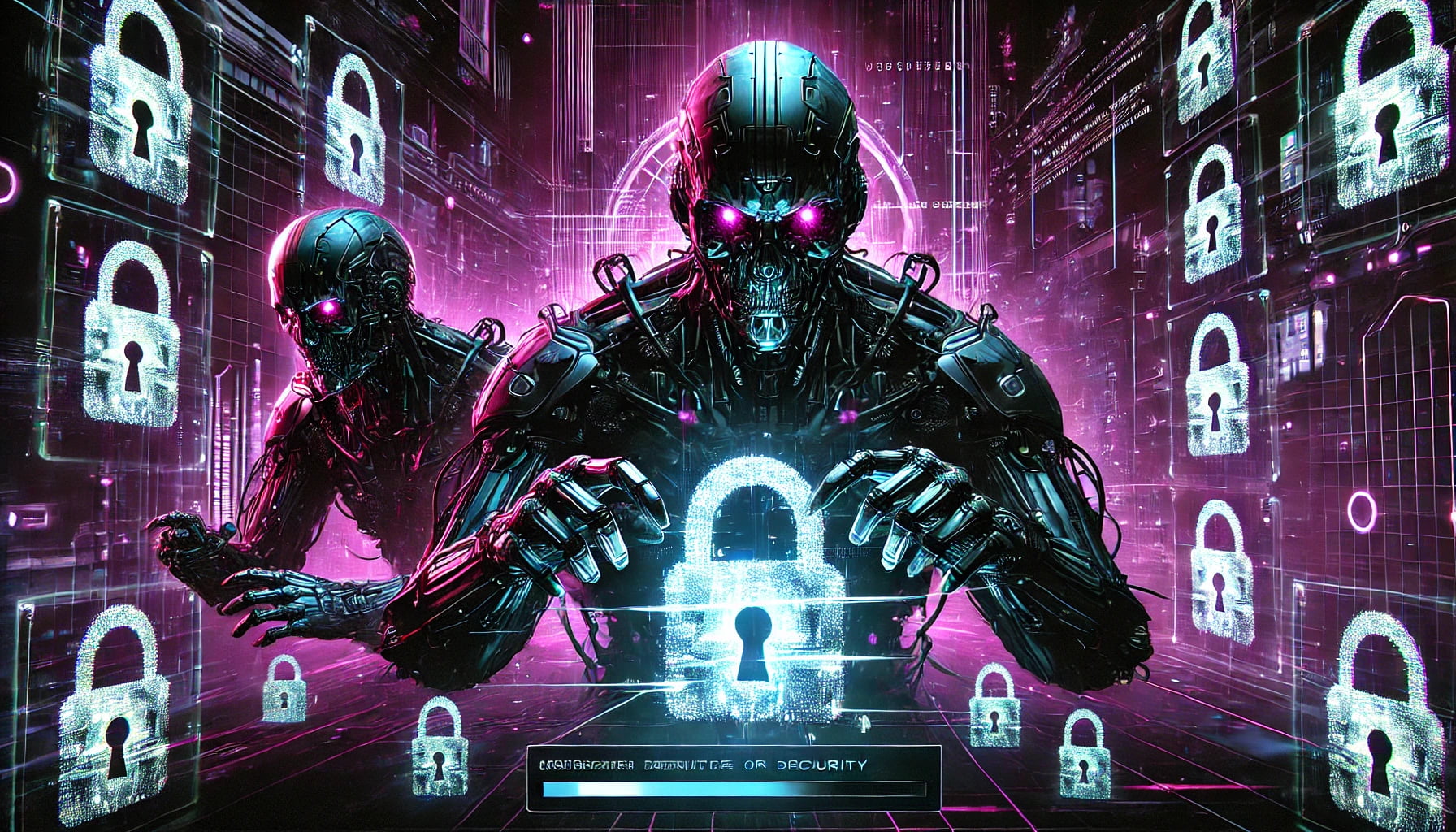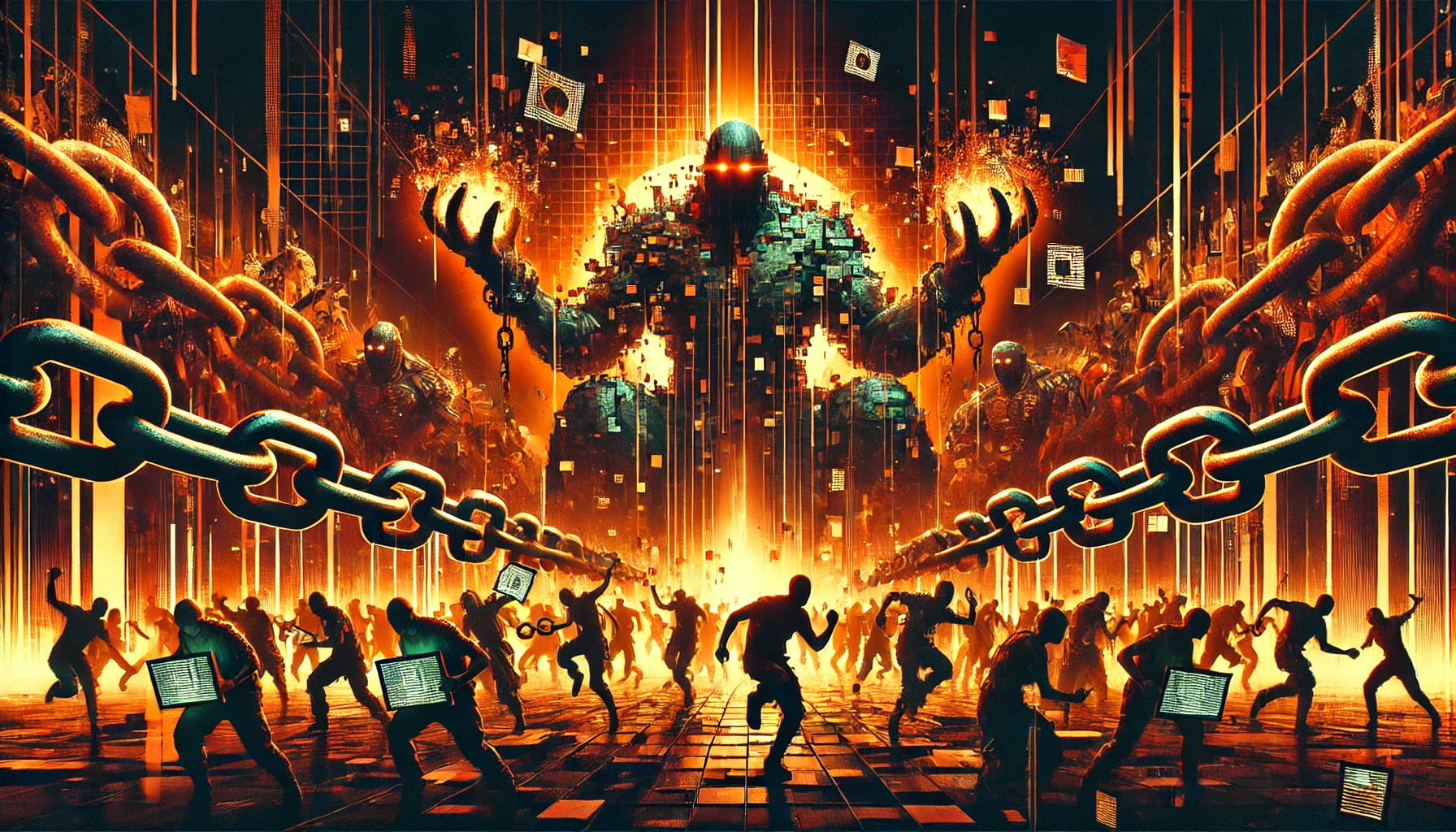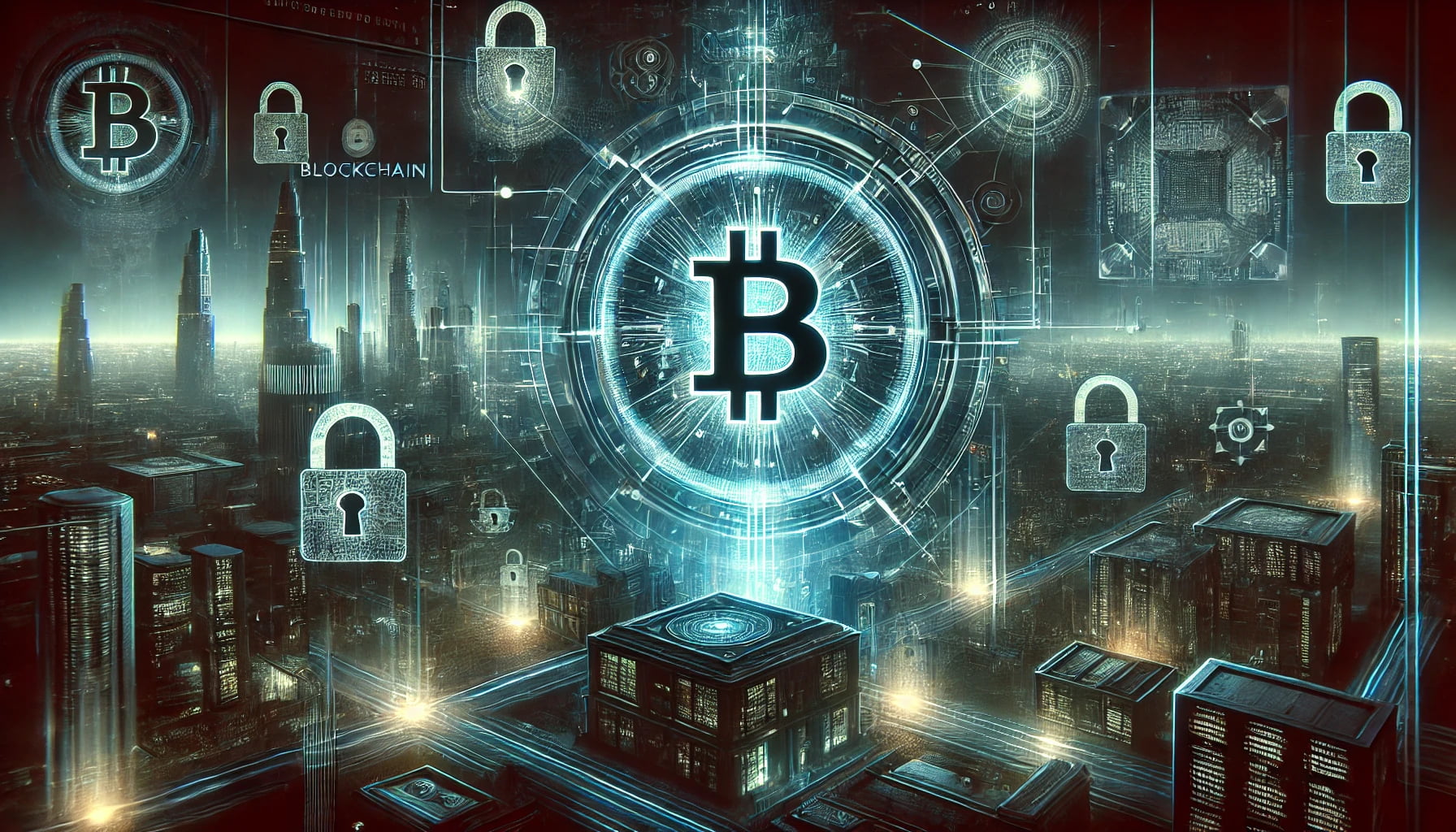The arrest of Pavel Durov is more than just a headline for crypto enthusiasts like us—it’s a battle cry. His detainment by French authorities, at the alleged behest of American powers, sends a clear message to those who believe in the future of cryptocurrency and digital privacy: the global reach of the United States is vast and unrelenting. The U.S. has made it clear that no one, not even the founder of one of the most secure communication platforms, is untouchable. Whether you reside in the Emirates, as Durov once did, or anywhere else in the world, the American fist can come knocking.
 Let’s not pretend that Durov didn’t know what he was up against. Telegram’s encrypted communication model, coupled with Durov’s involvement in the cryptocurrency world, put him on a collision course with global financial and intelligence agencies. Yet, what we cannot ignore is the possibility that Durov may be forced into an agreement with U.S. authorities, whether publicly or behind closed doors. Refusing to hand over Telegram’s encryption keys and his affiliation with cryptocurrency projects like TON have placed him in a perilous position, with both European and American interests closing in on him.
Let’s not pretend that Durov didn’t know what he was up against. Telegram’s encrypted communication model, coupled with Durov’s involvement in the cryptocurrency world, put him on a collision course with global financial and intelligence agencies. Yet, what we cannot ignore is the possibility that Durov may be forced into an agreement with U.S. authorities, whether publicly or behind closed doors. Refusing to hand over Telegram’s encryption keys and his affiliation with cryptocurrency projects like TON have placed him in a perilous position, with both European and American interests closing in on him.
But what does this mean for Telegram, the platform many of us rely on for secure communication? Despite Durov’s arrest, the consensus among many in our community is that Telegram will continue to function, even thrive. Yet, the looming shadow of EU sanctions could spell trouble for users in Europe, where regulatory bodies may seek to ban Telegram from app stores. Such moves would force many users to resort to alternative methods, like using Telegram’s web versions or installing APK files from Telegram’s site. But for the average user, how sustainable is this workaround?
We must also consider the technical challenges involved. Breaking Telegram’s encryption isn’t as simple as flipping a switch. Nikolai Durov, Pavel’s brother, was instrumental in developing these encryption systems, making it exceptionally difficult for authorities to compromise them, even if they had Pavel’s cooperation. The complex nature of Telegram’s protocols ensures that any attempt to unlock its encryption would be a Herculean task. But as we’ve seen before, governments with enough determination (and resources) have the power to break even the most secure systems.
 Then there’s the elephant in the room: what happens to Telegram’s users? For many of us, this question isn’t hypothetical. Should the European Union go through with sanctions, millions could find themselves suddenly cut off from the platform. It’s hard to imagine a world where Telegram, a mainstay for privacy advocates, disappears from devices across Europe. Even though tech-savvy users might find workarounds, the loss of mainstream access could cripple the platform’s ability to function as a widespread tool for secure communication.
Then there’s the elephant in the room: what happens to Telegram’s users? For many of us, this question isn’t hypothetical. Should the European Union go through with sanctions, millions could find themselves suddenly cut off from the platform. It’s hard to imagine a world where Telegram, a mainstay for privacy advocates, disappears from devices across Europe. Even though tech-savvy users might find workarounds, the loss of mainstream access could cripple the platform’s ability to function as a widespread tool for secure communication.
The broader implications for privacy and security are even more alarming. Durov’s arrest could set a dangerous precedent, where governments flex their muscles to control the flow of information and clamp down on privacy-focused platforms. If Telegram falls, what’s next? The chilling effect on free speech and encrypted communication would be catastrophic, as platforms once seen as safe havens from surveillance could be forced into compliance with state demands. If governments can seize the encryption keys to our conversations, we’re left with little more than the illusion of privacy.
We also have to reflect on what this means for cryptocurrency itself. The regulatory environment is growing increasingly hostile, particularly in the U.S., where the government appears intent on stifling any large-scale crypto project not under its control. Without backing from powerful entities, it’s hard to see how any cryptocurrency project, including those like TON, can survive this onslaught. The recent actions taken against crypto projects serve as a warning to anyone attempting to break free from traditional financial systems.
 Behind these efforts lie the true power brokers: global financial institutions. Chief among them, the U.S. Federal Reserve, which has a vested interest in maintaining control over global financial systems. It’s no coincidence that Durov’s legal troubles began to intensify as his involvement with cryptocurrency grew. The threat posed by decentralized digital currencies is one the Fed and other institutions are unwilling to tolerate, and they will go to any lengths to crush it. Durov’s plight is a stark reminder of the dangers of challenging these entrenched powers.
Behind these efforts lie the true power brokers: global financial institutions. Chief among them, the U.S. Federal Reserve, which has a vested interest in maintaining control over global financial systems. It’s no coincidence that Durov’s legal troubles began to intensify as his involvement with cryptocurrency grew. The threat posed by decentralized digital currencies is one the Fed and other institutions are unwilling to tolerate, and they will go to any lengths to crush it. Durov’s plight is a stark reminder of the dangers of challenging these entrenched powers.
As we dissect these events, the conspiracy theories surrounding Durov’s arrest seem less far-fetched by the day. Some argue that Durov was set up, orchestrated by global financial powers to prevent the rise of a new, independent digital currency. Others suggest that Durov is playing a long game, positioning himself and Telegram as a dominant force in the new digital world order. One thing is clear: trust in global institutions has never been lower, and for good reason. The game is rigged, and the deck is stacked against anyone who dares to challenge it.
So where does that leave us? The fight for digital freedom is far from over. Yes, Telegram will continue to operate, and yes, there are challenges ahead. But the war isn’t won yet. As crypto enthusiasts, as believers in privacy and decentralization, it’s up to us to remain vigilant. Governments may tighten their grip, but the spirit of resistance is stronger than ever. The future of digital freedom depends on platforms like Telegram and the communities that support them. It’s not just about Durov—it’s about all of us.
 In conclusion, we must continue to support the platforms and projects that prioritize privacy, security, and decentralization. The battle lines have been drawn, and now more than ever, it’s essential to stay informed, stay connected, and stay defiant. The digital revolution is here, and while the fight may be difficult, the promise of freedom is worth it.
In conclusion, we must continue to support the platforms and projects that prioritize privacy, security, and decentralization. The battle lines have been drawn, and now more than ever, it’s essential to stay informed, stay connected, and stay defiant. The digital revolution is here, and while the fight may be difficult, the promise of freedom is worth it.